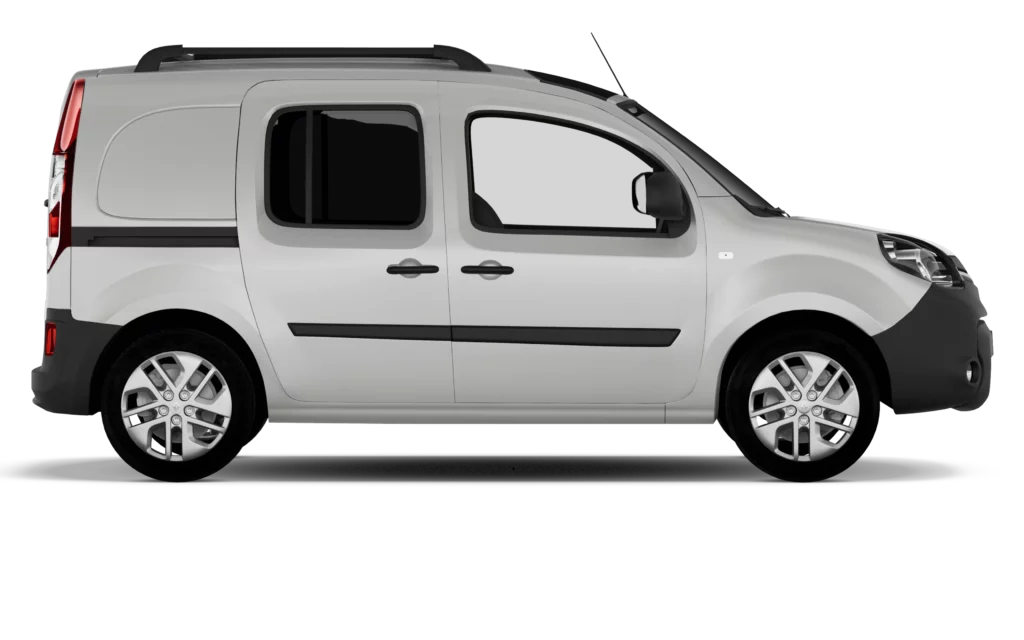S h a r e
Making the right electric van choice


Posted by
The EV Team
August 2023
While the automotive focus around electrification has majored on cars, there is also an increasing range of electric vans now available.
Electric vans can make sound financial sense for many businesses, and while a short time ago there was little choice, those days are definitely in the past.
All the major van brands have an electric model or some shape or form, and often across many different models. The likes of Peugeot, Vauxhall, Citroen, Mercedes-Benz, Volkswagen, Ford, and Renault all have pure-electric models, and there are a selection of plug-in hybrid or range-extended vans on the market as well.
Although government support for electric cars has been withdrawn, there is still a Plug-in Van Grant (PiVG), with £2,500 off the cost of a small van, £5,000 off the price of a mid-sized model, and up to £16,000 for heavier versions – all dependent on weight and range.
“Like cars, electric vans are worth considering depending on the mileage profile. For fleets that operate a return to base profile, electric vans have the ability to hugely reduce operating costs. And, with zero emissions, can deliver into Clean Air Zones without penalty.”

Commercial vehicles – what you need to know
There are some key differences to be aware of when running a fleet of electric vans compared to electric cars.
Battery Weight
The weight of the battery decreases the van’s payload. And the payload itself can reduce the van’s range from the official figure – so these are key considerations for any fleet. However, since many fleets operate on familiar routes, working out suitability for the tasks required should be a fairly straightforward task.
Charging Infrastructure
Overnight charging facilities will likely be required, in addition to some domestic home solutions (if the vehicles were to be taken home by drivers). This reduces the reliance on public points which would put up charging costs, as well as see drivers at the mercy of other EV drivers also requiring a charge.
Businesses can apply for a grant through the Workplace Charging Scheme that provides up to 75% off purchase and installation costs of charge points, capped at a maximum of £350 per charge point socket with a maximum of 40 single-socket charge points or 20 double-socket charge points per business.
These can be powerful charge points that will fully-charge a van in a few hours, ensuring fleet eLCVs are available as much as possible.
Clean Air Zones
The likes of London’s Ultra Low Emission Zone, as well as Clean Air Zones introduced across many city centres throughout the UK, are continuing to grow. The best way to avoid any charges for driving within them – both now and in the future – is to go electric. Those fleets regularly driving into a Clean Air Zone or similar could save thousands each year with an electric van compared to a non-compliant model.
Your Sustainability Strategy
Fleet Alliance is aware that by implementing the right strategy for commercial vehicles, your business can set out a clear statement that supports a positive brand image with significantly improved environmental credentials.
We can work with you to help you respond to the challenges created by electric vehicles, ensuring that you always receive a flexible, tailored solution.
If you are interested in learning more about our approach and our cross-sector expertise with LCV fleets then please contact us today. You can also explore more of our EV insights on our EV Hub or download our latest electric white paper for a thorough guide to all things electric.

